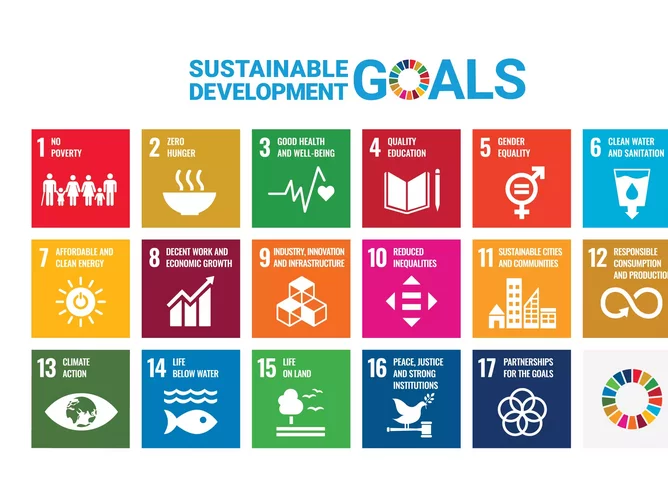Inside the DfT’s Operational Sustainability Strategy 2021-25

“It is internationally recognised that human activity has had a significant negative impact on the earth’s environment and without action could cause irreversible change” - the UK Department for Transport (DfT).
Leading the way in climate change policy
Becoming the first major nation to declare a climate emergency, and the first to set legally binding emissions targets, the UK government has recognised the need for its own internal action - in addition to setting external policies - to reduce its own environmental impact, driving sustainability.
“We at the Department for Transport (DfT) fully support the government’s greening agenda and have developed this strategy to set out what internal actions we will take to improve our operational sustainability performance over the next four years to reduce our impact on the environment,” said the DfT.
The scope of the DfT’s strategy covers the direct environmental impact of its operations but does not cover the indirect environmental impact.
DfT’s current environmental footprint
In total, the DfT produced over 4000,000 tCO2e2 greenhouse gas (GHG) emissions in 2017-18, broken down this usage equates to the equivalent of:
- Powering 210,000 homes or a city the size of Leeds for a whole year.
- Heating 10,000 homes or a town the size of Huntingdon.
- Travelling around the world 8,300 times.
- Consuming 900 Olympic swimming pools of water.
- Producing 108,000 builders’ skips worth of waste.
- Using 15,000 trees worth of paper.
Over the next four years, the DfT is committed to reducing these figures focusing on seven headline targets to achieve by 2025:
- Mitigating climate change
- Minimising waste
- Reducing water usage
- Sustainable procurement
- Nature recovery
- Adapting to climate change
- ICT and digital
The DfT and sustainable procurement
Committed to sustainable development goals (SDGs) eight and 12, the DfT will continue its efforts to buy more sustainable and efficient products and services, with ambitions to achieve the best long-term, overall value for money for society.

“Network Rail have been a leader within the Department in considering the environmental impact of procurement. They have calculated that their supply chain accounts for 66% of Network Rail’s total carbon emissions and are working with suppliers to set carbon reduction targets in line with the 1.5⁰C SBTi to reduce this impact. Network Rail have a target for 75% of its suppliers (by emissions) to have science-based targets by 2025 and will implement this through contractual arrangements,” said DfT.
Sustainable procurement: The challenges
- Managed by individual bodies in the DfT, there is no central resource to ensure consistency and to monitor compliance. DfT currently relies on its network to provide this information and best practices.
- Some of the government’s buying standards are not up-to-date. As a result, they are not providing a complete single reference for contract requirements.
- Procurement is currently perceived as a barrier to decarbonisation, consideration of this function needs to increase as part of the strategic approach.
Sustainable procurement: The actions for 2021-25
- Increase the uptake of ‘Fight Climate Change’ outcomes, “applying a minimum 10% weighting for environmental performance to all DfT procurements.”
- Implement greener delivery aspects to its construction.
- Implement carbon exclusive measures, with suppliers required to provide a carbon reduction plan and their commitment to net zero.
- Further develop training for staff.
- Enhance its SME spend and collaboration.
- Increase the focus on carbon reduction in its commercial case guidance.
- Top 100 Women 2024: Taryn Thompson, Bank of America – No. 8Operations
- Joshua Dubroff, CPO joins P&SC LIVE New YorkDigital Procurement
- Why Procurement is Key to Unilever's Climate Transition PlanSustainable Sourcing
- Why ISG Provider Lens say GEP is a Global Procurement LeaderTechnology & AI






